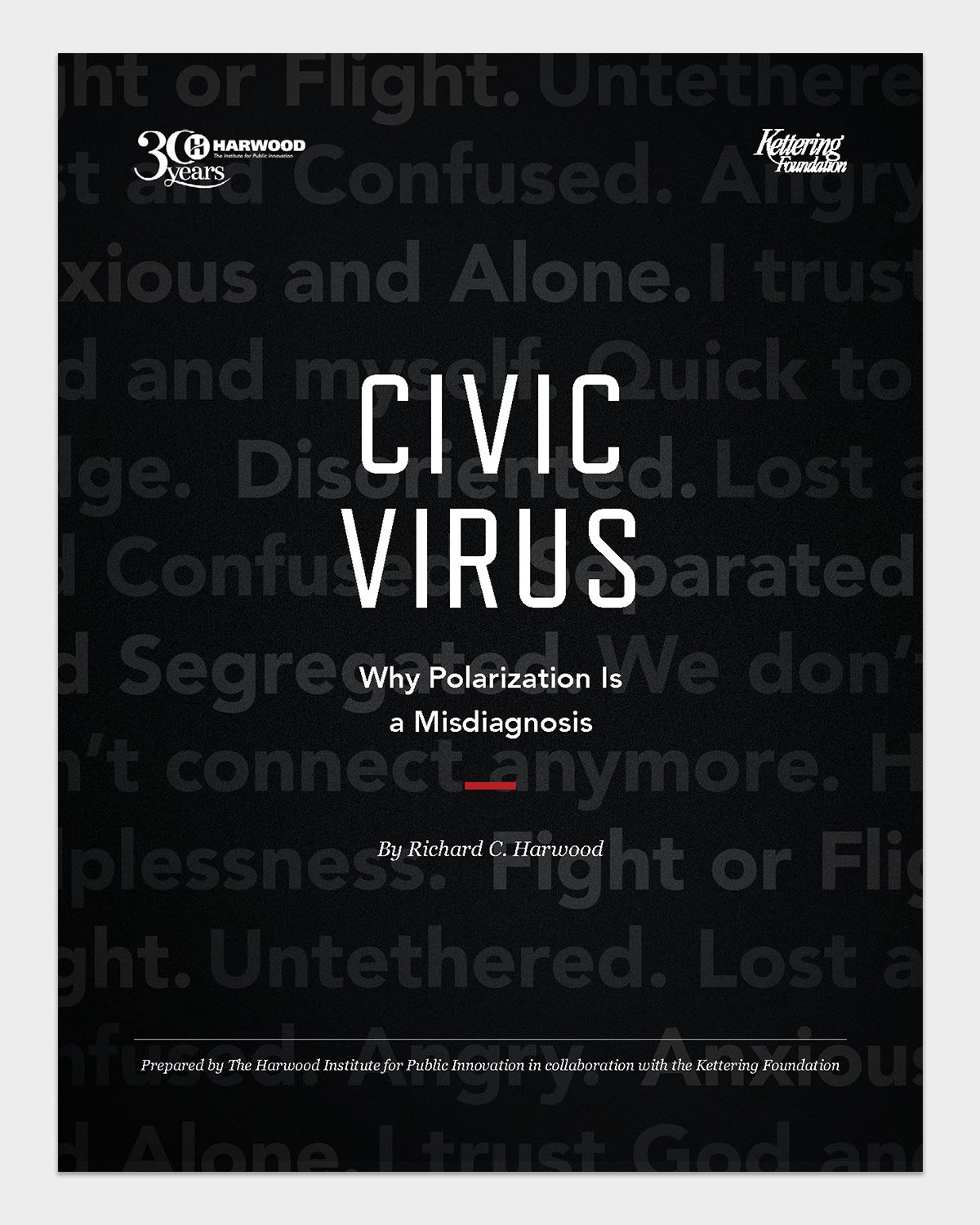The Way Beyond Toxic Education Debates
It’s Time to Focus on What Really Matters
Divisive debates over issues like critical race theory, book banning, school board upheavals, and masks in schools are dominating headlines every day. But these debates have little to do with what people want for their children and divert us from the real issues we must address to ensure every young person can fulfill their potential.
Political leaders and pundits say these heated debates prove that Americans are polarized, doomed to endless gridlock and ugly battles. But polarization is both a misdiagnosis and an excuse for why we seem unable to address fundamental issues facing our country, including education.
Our new report—based on research with people across the country from cities and small towns, suburbs and rural areas, and a Native American—reveals that Americans do not feel polarized. Nor do they feel hostile toward their fellow citizens.
Here’s what’s really happening. The unrelenting fear and anxiety about what’s happening around them and to them is causing people to separate and segregate.
Many leaders, news media and social media are intentionally stoking polarization for their own self-interest—producing a ceaseless surround sound that is engulfing people, disorienting, and destabilizing them.
Seeing no way out, people have an instinctive fight-or-flight response with many breaking into smaller camps to protect themselves and gain validation, while others retreat from engaging at all.
And worse, there are countless groups manufacturing hot-button issues to prey on people’s anxieties and drive them into fight or flight. This is playing out across all areas of society, especially education.
Communities leading the Way
But there is good news. When people in communities are given a genuine opportunity to say what they want for their children’s education, they quickly move beyond these hot-button issues and out of fight or flight.
This is happening right now in cities like Reading, PA, Lexington, KY and Clarksville, TN.
“It’s time to focus on what really matters for our young people . . . like improving mental health support in schools, increasing after-school programs, addressing inequities in resource allocation, and more.”
While each of these communities is very different in terms of demographics, economics, and history, they each created remarkably similar agendas to improve education and their communities. They focused on areas like mental health support for young people, after-school activities, early childhood education, and actions to take on inequities between schools.
These community-driven agendas were created at the height of debates over critical race theory and school boards across the country, but that didn’t derail them. These communities show that when people engage in a real dialogue, they realize that they share common concerns and hopes when it comes to young people and education.
Nothing is Automatic. We Must Take Action.
But in today’s environment, nothing is automatic. For communities to move forward, we must pay much closer attention to creating the right conditions for people to move past controversial issues and their fight or flight impulse.
An essential start is to reframe public discussion around education to focus on people’s shared aspirations about what they want for young people. We must also bring people together across lines that have been used to divide. And we need to create more safe spaces so people can see and hear one another, instead of assuming the worst about each other’s intentions and beliefs.
In Reading, PA, Lexington, KY, and Clarksville, TN, residents and community leaders are working to break down silos between organizations and groups, to make room for new leaders, and to forge a shared sense of purpose. They are moving forward because they are changing how they work together. And they are taking shared responsibility for the education of their youth.
Taking actions like these will reawaken our belief that tomorrow can be better than today—a belief that we must spread like a positive contagion. That is how we inoculate ourselves against the destructive civic virus that is hurting our nation.
We have a choice in how we deal with the real challenges facing young people today. We can surrender to false notions of polarization or discover what really matters to people and get to work creating a hopeful path forward. These communities are showing us the way.
Rich Harwood in Clarksville, TN, during a community convening for the new education agenda. Read more about this work in Clarksville.
For over 30 years, The Harwood Institute has created breakthroughs on how to address the hardest and most vital societal challenges and strengthen our civic culture. Through each part of our work, we are dedicated to catalyzing a larger force for change in the world. Want to step forward and take action to transform your community?


